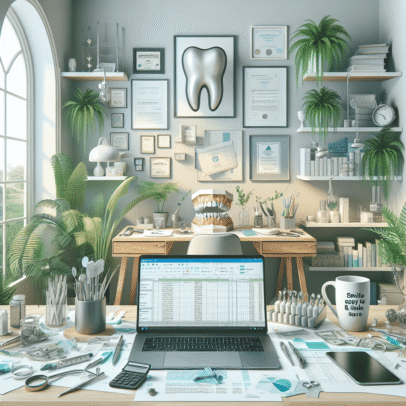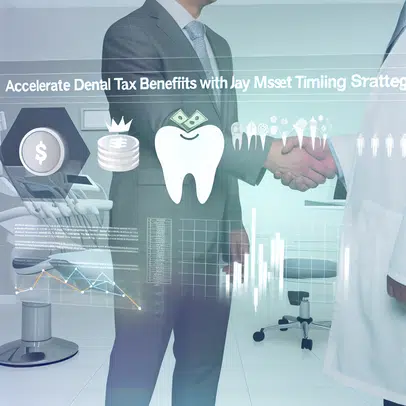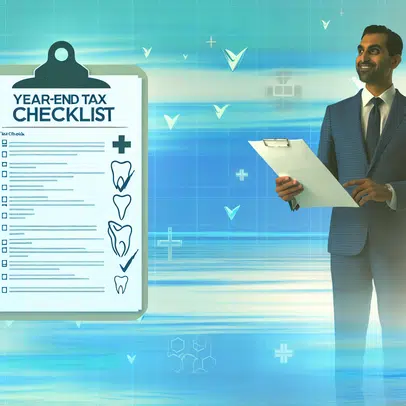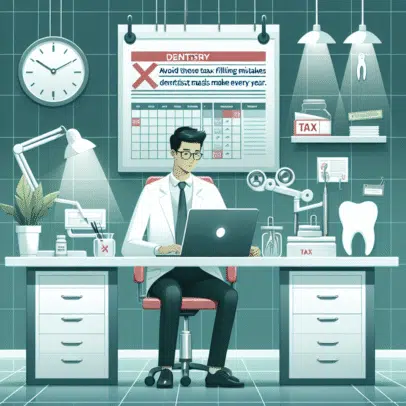Maximize Dental Tax Benefits Using Your Home Office Strategically
If you’re a dentist or run a dental practice and work from home—even just a little—you could be missing out on some valuable tax deductions. By using your home office strategically, you can legally reduce your taxable income and keep more money in your pocket. Sounds good, right? Let’s break down how it works in a way that’s simple and stress-free.
What Qualifies as a Home Office?
First things first. To qualify for a home office tax deduction, the IRS has a couple of rules:
- Exclusive Use: Your home office must be a dedicated space used only for work purposes. A corner of your kitchen table won’t count if you also eat dinner there.
- Regular Use: You need to use the space consistently for business—not just once every few months.
If you’re a dentist and use your home office for things like billing, scheduling, client consultations, or even continuing education, you might qualify. Just keep it separate from your personal space.
Why It Matters for Dentists
Running a dental practice includes far more than examining teeth. Many dentists handle admin tasks, meet vendors, and manage finances—all of which can be done from home. If you’re doing this kind of work outside your clinic, you’re likely eligible for home office tax deductions.
What Can You Deduct?
Once you’ve established that your home office qualifies, here’s what you may be able to write off:
- A portion of your rent or mortgage
- Utilities like electricity and internet
- Homeowners insurance or renters insurance
- Office supplies and furniture
- Repairs and maintenance related to your home office area
The key is calculating the percentage of your home that’s used for business. For example, if your office takes up 10% of your home’s square footage, 10% of the qualifying expenses may be deductible.
Pro Tips to Maximize Your Tax Benefits
- Keep detailed records: Save receipts, bills, and any documents that can back up your deductions.
- Take photos: A few clear pictures of your dedicated workspace can prove useful if questions arise.
- Track your time: It helps show regular use, especially if you work from both home and your clinic.
- Consult a tax professional: Tax laws can change, and a CPA experienced in dental tax benefits can help you claim every possible deduction.
Real-World Example
Let’s say Dr. Patel, a dentist based in Texas, uses a finished basement at home to manage her dental practice’s administrative tasks. It makes up 15% of her house. By tracking her utility bills, internet costs, and some repairs, she was able to deduct several thousand dollars from her taxable income. That’s real money back in her business budget!
Final Thoughts
If you’re not using a section of your home for dental business tasks, you could be leaving money on the table. A dedicated space—even a small one—opens the door to valuable dental home office tax deductions. It’s not just about saving on taxes—it’s about working smarter with what you already have.
So, what’s stopping you? Start looking at your home with a fresh eye. That quiet guest room might just be the key to lowering your tax bill this year.




